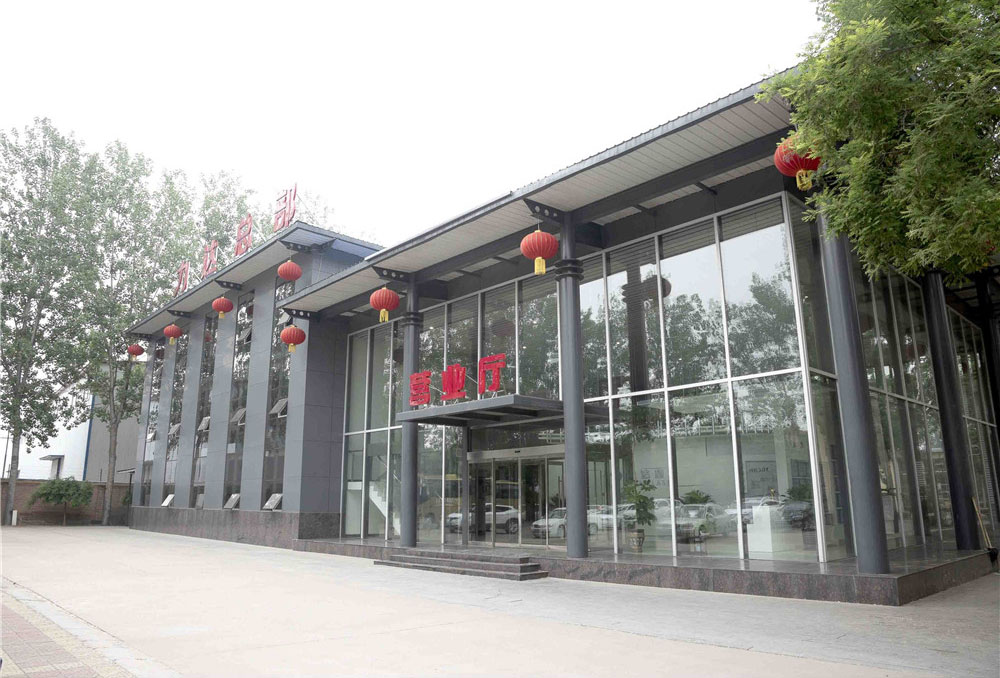Nov . 22, 2024 18:14 Back to list
cpvc chemical pipe
Understanding CPVC Chemical Pipes An Overview
Chlorinated Polyvinyl Chloride (CPVC) is a widely-used thermoplastic that is known for its excellent properties, making it a preferred choice for chemical piping systems. As industries evolve and demand for advanced materials rises, CPVC pipes have gained significant attention due to their unique characteristics, which cater specifically to chemical transportation and management.
Understanding CPVC Chemical Pipes An Overview
Moreover, CPVC pipes are designed to handle high temperatures. With a temperature rating that exceeds that of standard PVC, CPVC can comfortably support both hot and cold applications. This makes it an excellent choice for transporting not just water but also heated chemical solutions. The ability to operate at elevated temperatures further enhances the versatility of CPVC in industrial applications, where temperature fluctuations are commonplace.
cpvc chemical pipe

Another advantage of CPVC pipes is their lightweight nature, which simplifies handling and installation. Unlike heavier materials, CPVC can be easily transported and installed, reducing labor costs and installation time. Additionally, the flexibility of CPVC allows for easier bends and turns, minimizing the need for additional fittings and connections, which can be points of potential failure in a pipeline.
CPVC also offers significant long-term economic benefits. Although its upfront cost may be higher than that of conventional piping materials, its longevity and durability often translate into reduced maintenance and replacement costs over time. With an expected lifespan that can exceed 50 years under proper conditions, stakeholders in various industries can appreciate the cost-effectiveness of investing in CPVC piping systems.
Furthermore, the installation of CPVC pipes adheres to environmentally friendly practices. The material is recyclable and contributes to lower energy costs due to its efficient properties. This eco-conscious aspect aligns with the global push towards sustainable practices across industries.
In conclusion, CPVC chemical pipes present a compelling solution for a wide range of industrial applications. Their chemical resistance, high-temperature tolerance, lightweight nature, and long-term cost efficiency make them an excellent choice for chemical transportation systems. As industries continue to seek reliable and innovative solutions, CPVC will undoubtedly play a vital role in the future of piping technologies. Understanding these benefits is crucial for decision-makers looking to enhance their operations while ensuring safety and efficiency.
-
High-Quality PPR Pipes and Fittings Durable ERA PPR & PVC PPR Solutions
NewsJul.08,2025
-
Black HDPE Cutting Board - Durable, Non-Porous & Food Safe HDPE Plastic Cutting Board
NewsJul.08,2025
-
High-Quality CPVC Panel Durable HDPE & PVC Panels Supplier
NewsJul.08,2025
-
Double PE Welding Rod Supplier - High Strength, Durable & Versatile Welding Solutions
NewsJul.07,2025
-
High-Quality PVC-O Pipe Supplier Durable 75mm PVC Pipe & Connections Leading PVC Pipe Company
NewsJul.07,2025
-
HDPE Drainage Pipe Supplier – Durable & Corrosion-Resistant Solutions
NewsJul.06,2025

